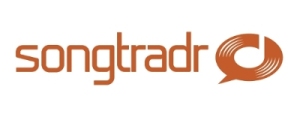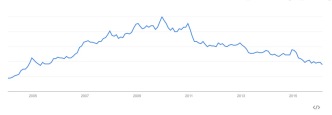 Spotify has agreed to do a better job at allowing music publishers and songwriters to claim and receive royalties from the streaming service. However there’s a caveat: to strike the settlement deal with Spotify, copyright holders cannot make an infringement claim against the company.
Spotify has agreed to do a better job at allowing music publishers and songwriters to claim and receive royalties from the streaming service. However there’s a caveat: to strike the settlement deal with Spotify, copyright holders cannot make an infringement claim against the company.
In recent months, Spotify has faced a number of lawsuits from musicians who have challenged the Sweden-based firm’s alleged failure to licence artists’ works before making them available for streaming.
On Thursday, US trade body the National Music Publishers’ Association said that the settlement deal it had struck with Spotify represented a “landmark industry agreement.”
Source: Ars Technica UK





 There’s no question that baseball has been at the forefront of pushing technological advances, and its app has been the highest grossing sports application in the Apple ecosystem for six consecutive years.
There’s no question that baseball has been at the forefront of pushing technological advances, and its app has been the highest grossing sports application in the Apple ecosystem for six consecutive years.

